Class 10b
English – Poetry
This term Year 10 have been working through their poems from the GCSE Anthology. They have been looking at context, what the poem is about and using a range of poetic techniques to help create a structured analysis. Keep up the good work!
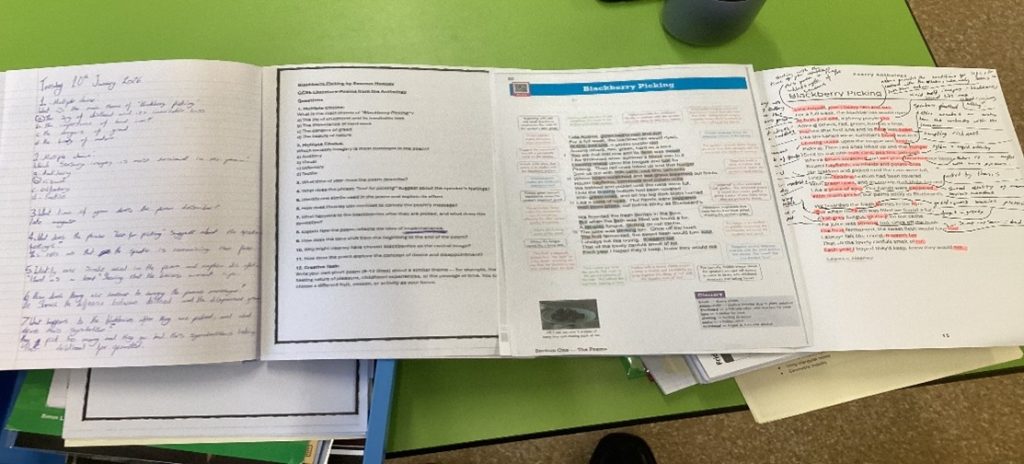
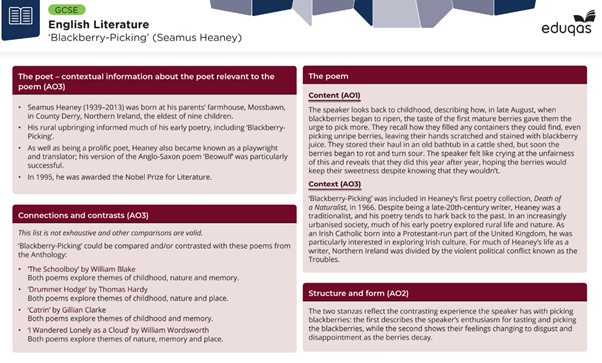
Maths – Negative Numbers
This term, year 10 are working on negative numbers, we used double sided counters to help visualise the question. This concept helps students understand the importance of zero pairs. We will progress onto simplifying the questions to simple addition and subtractions, which will allow for calculations with larger numbers, well done 10b!
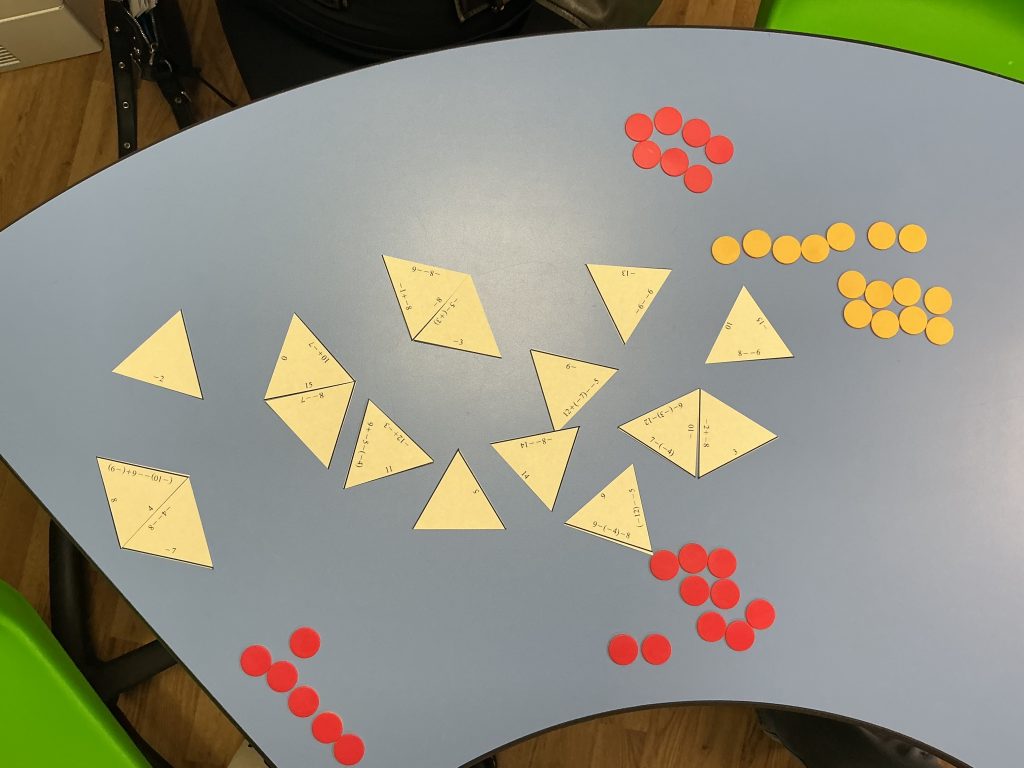
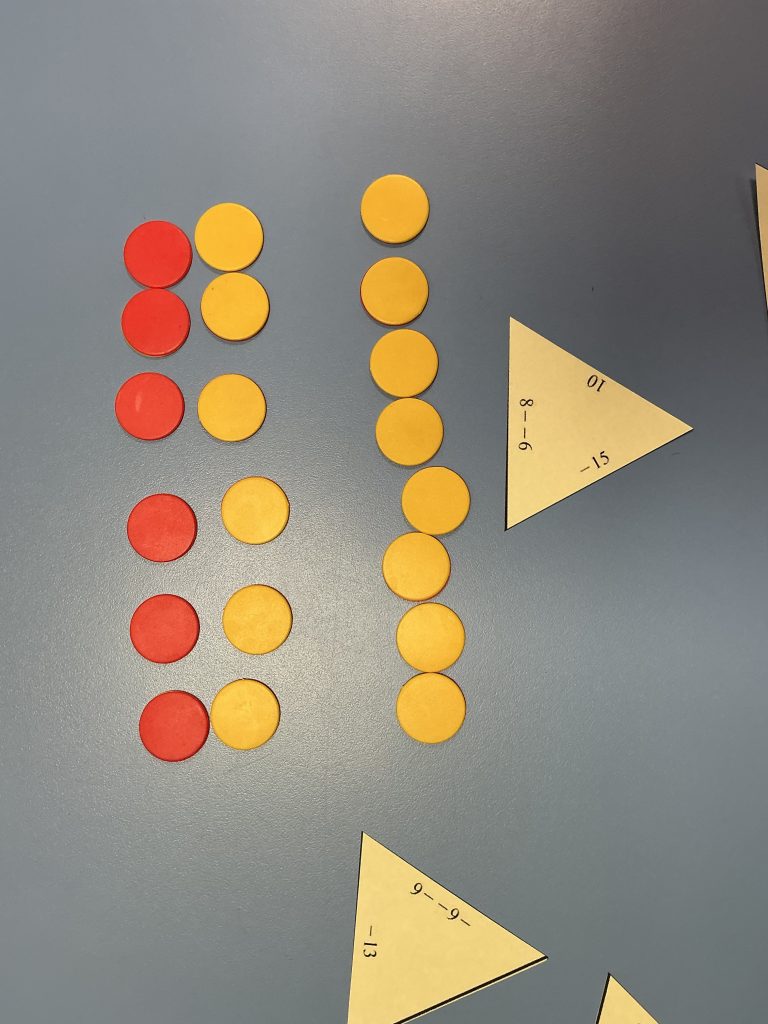
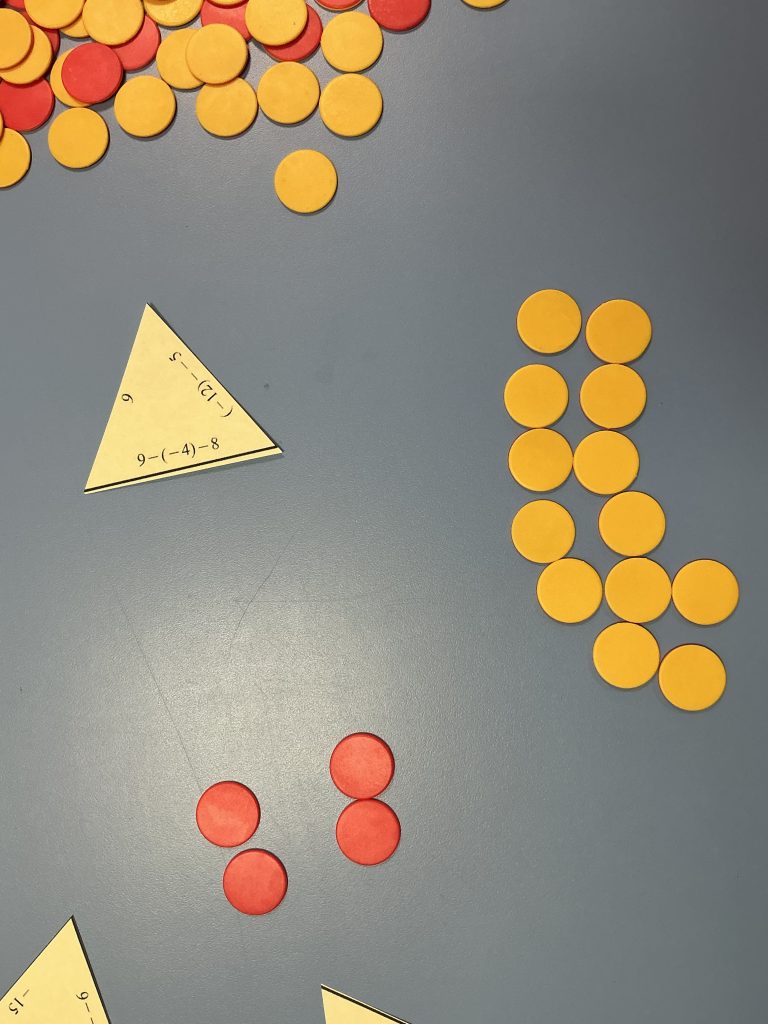
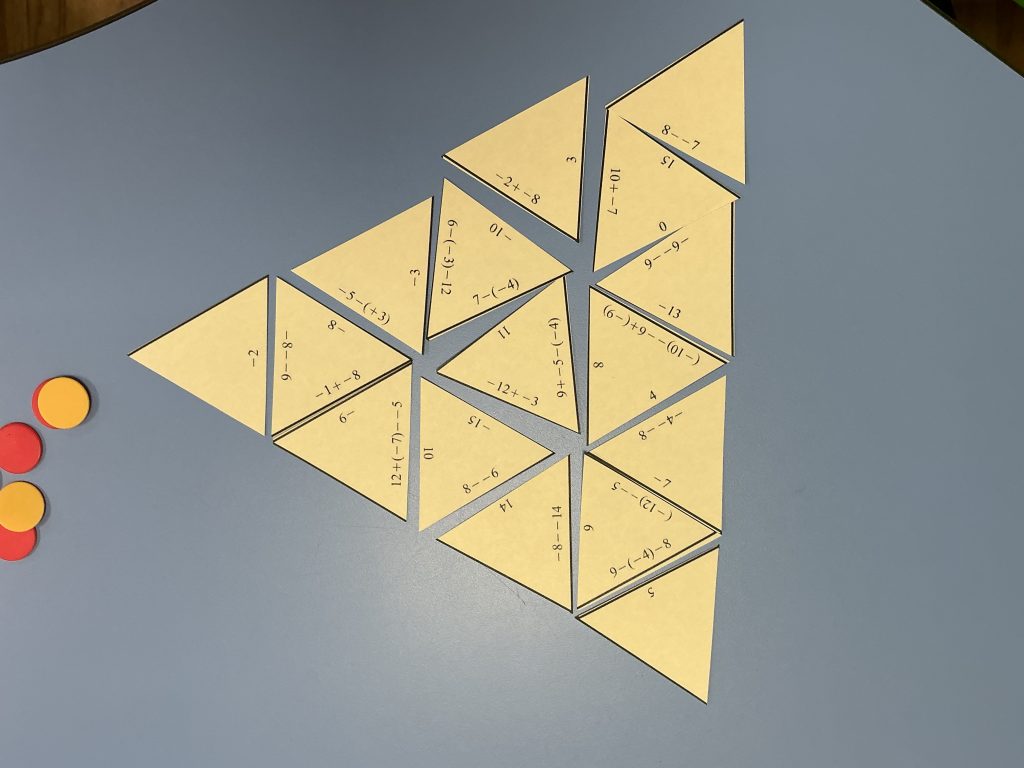
Science – Culturing Micro-Organisms
We have been learning how microorganisms (such as bacteria) can be grown in a controlled environment using agar plates. We prepared and inoculated the plates safely and measured the effect of different variables (for example, antibiotics or disinfectants) on bacterial growth.
Pupils used their knowledge of Aseptic Techniques to gather various microorganism samples from around the class.
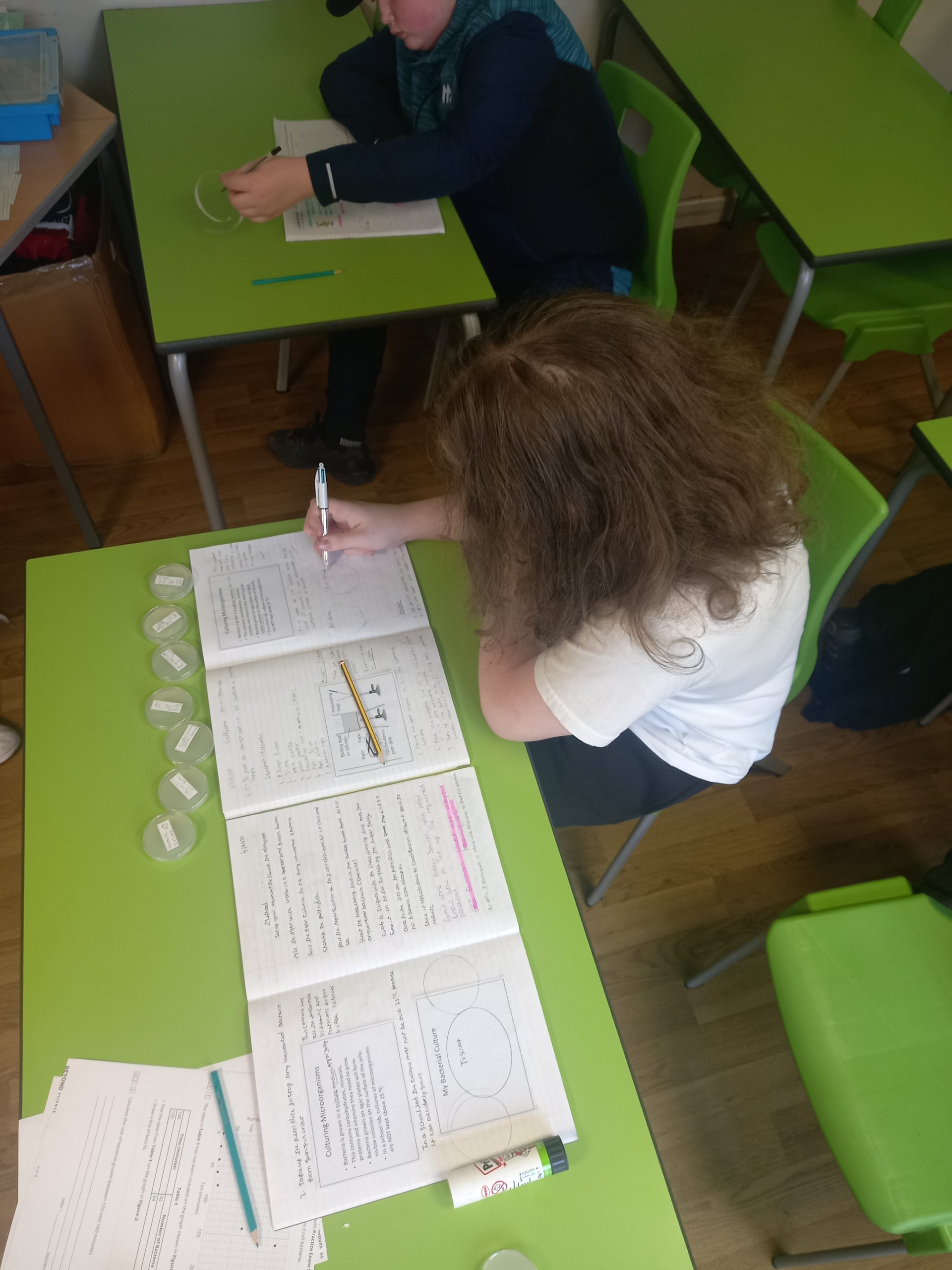
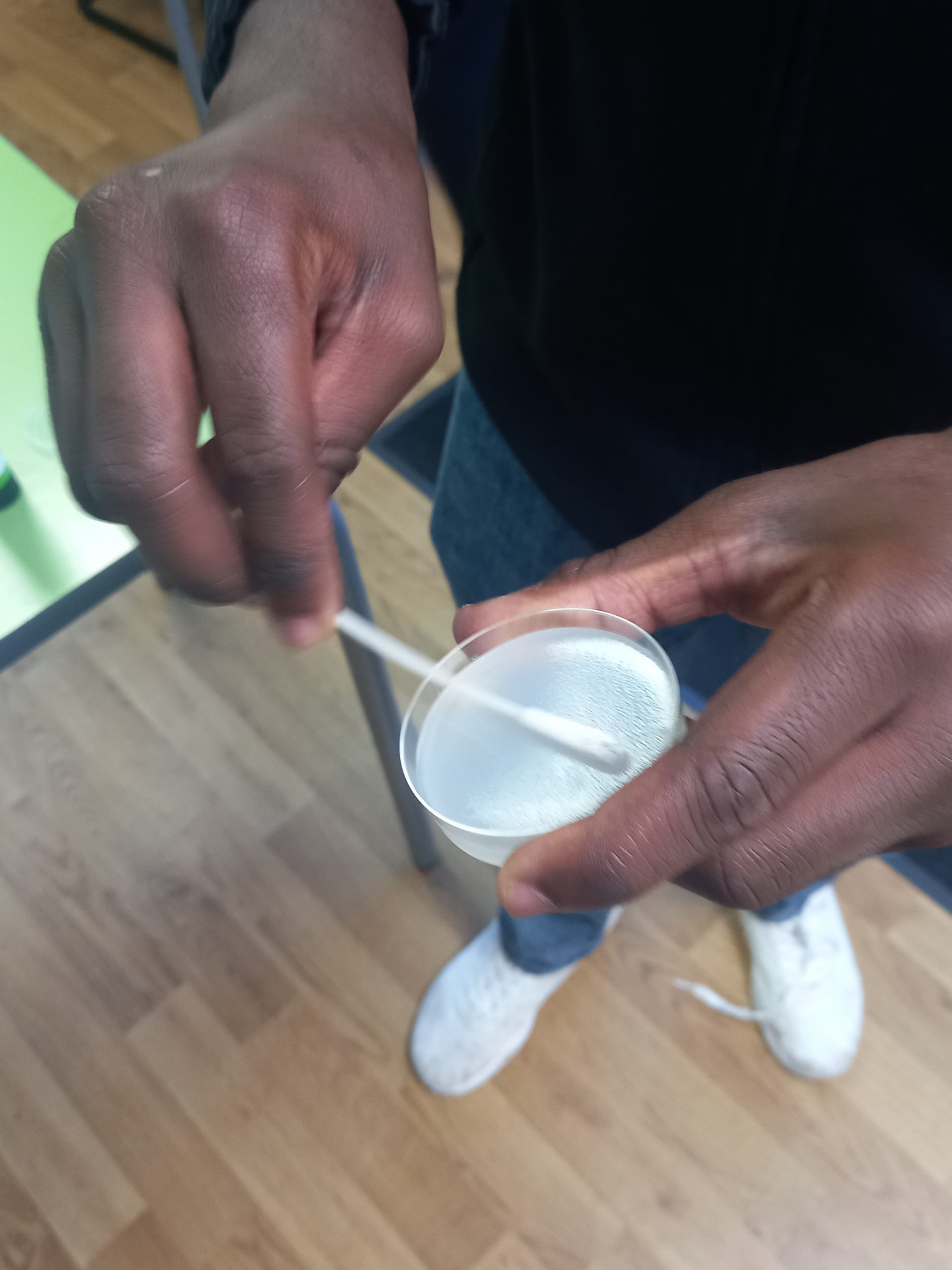
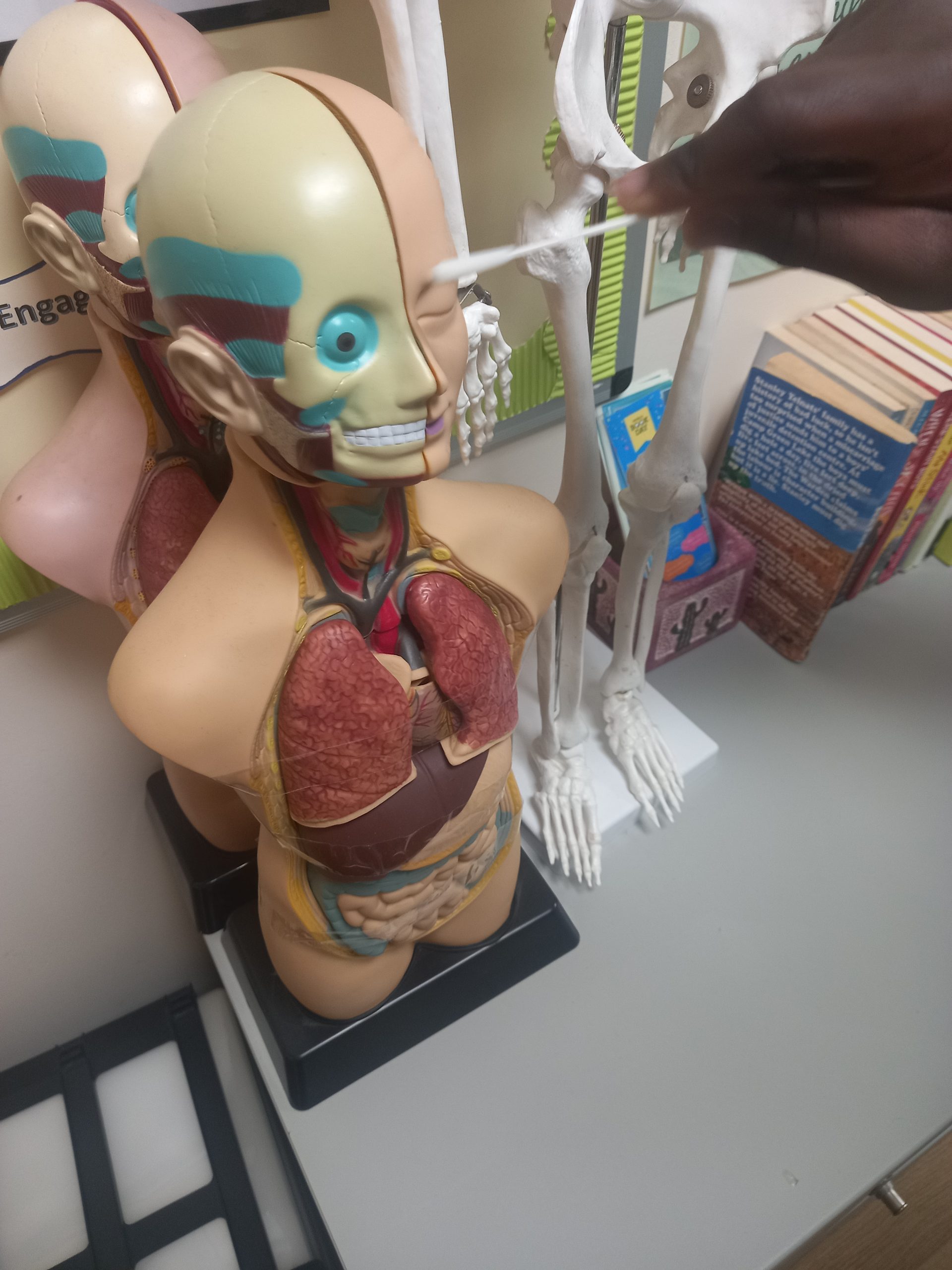
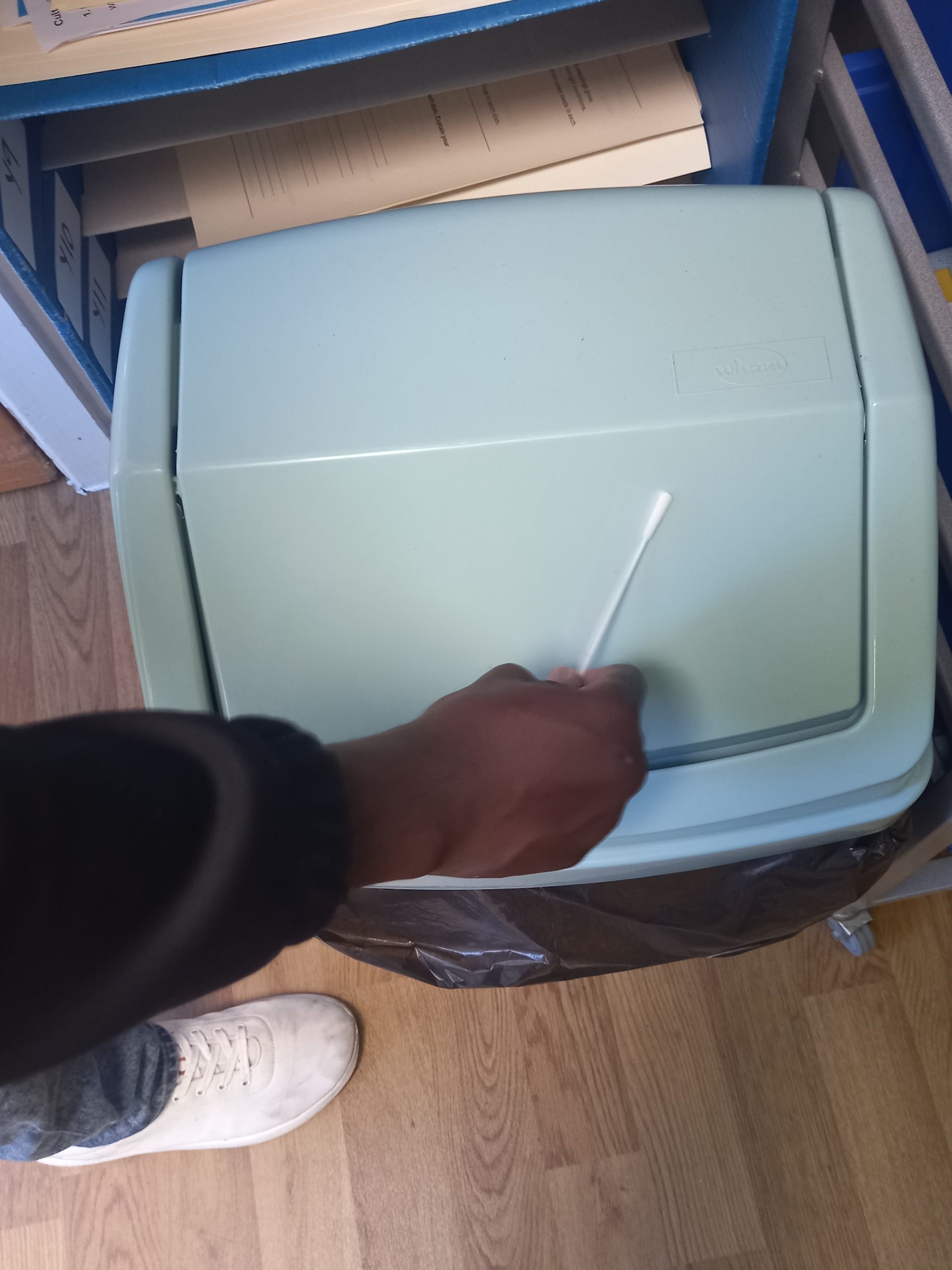
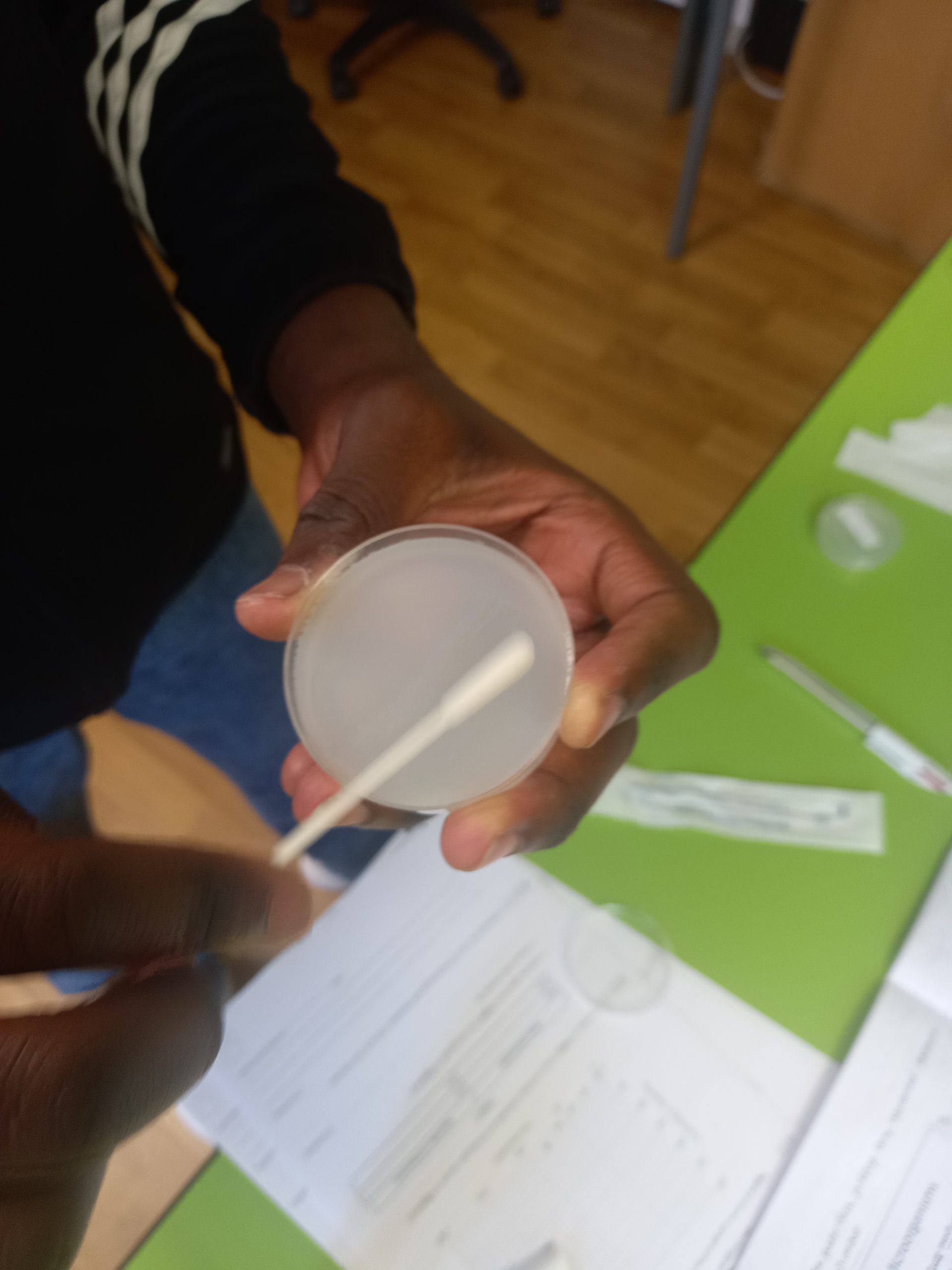
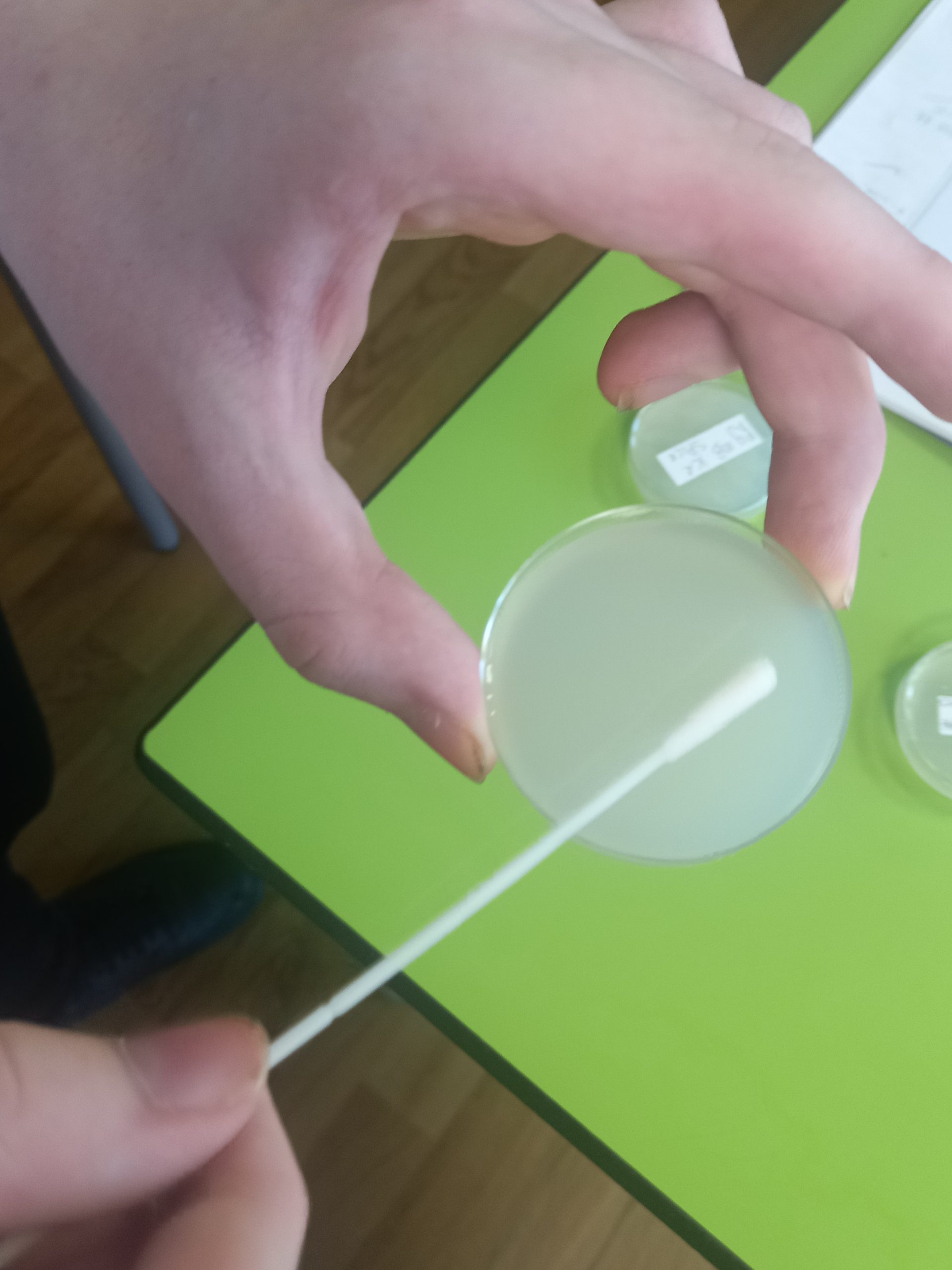
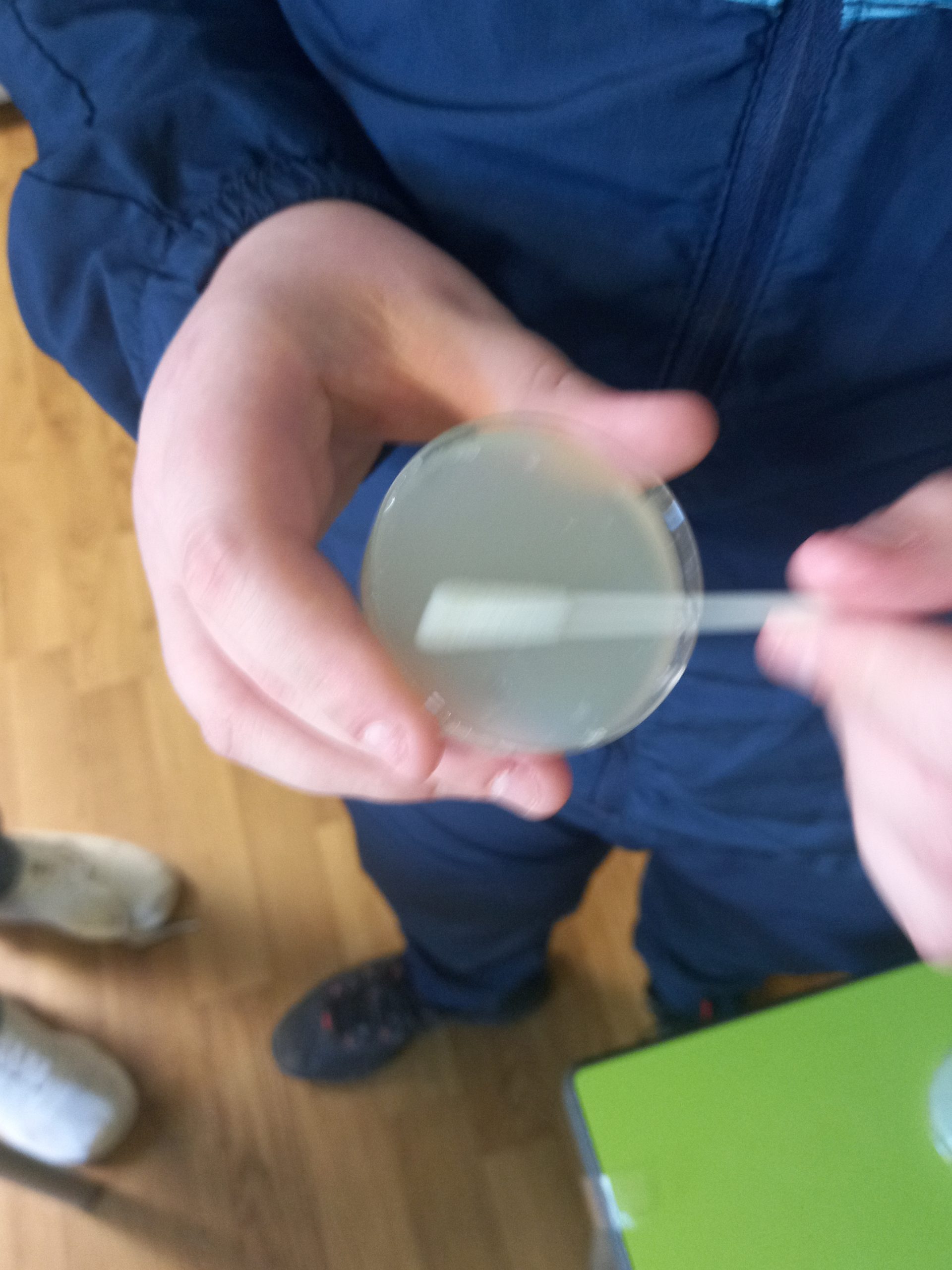
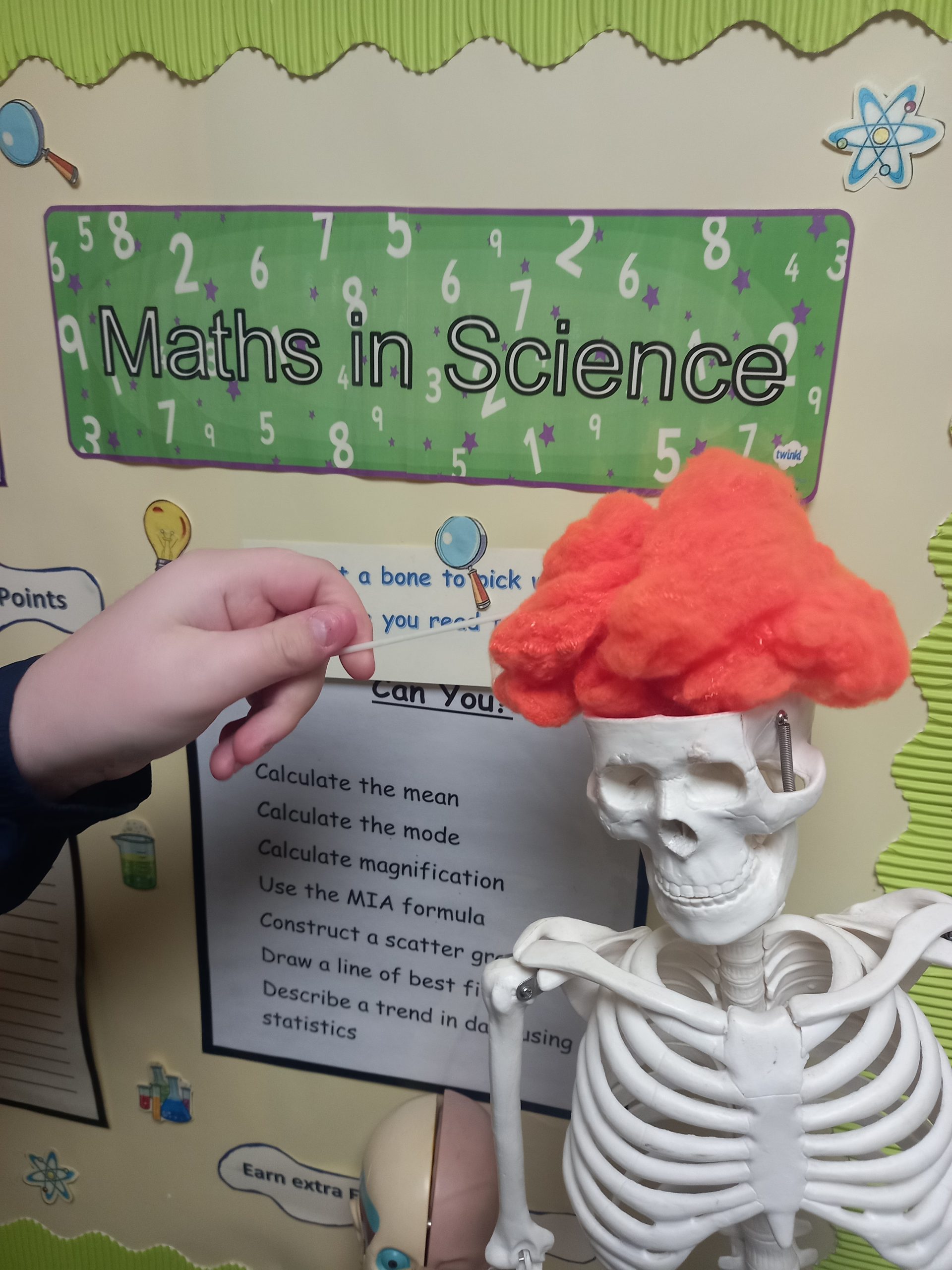
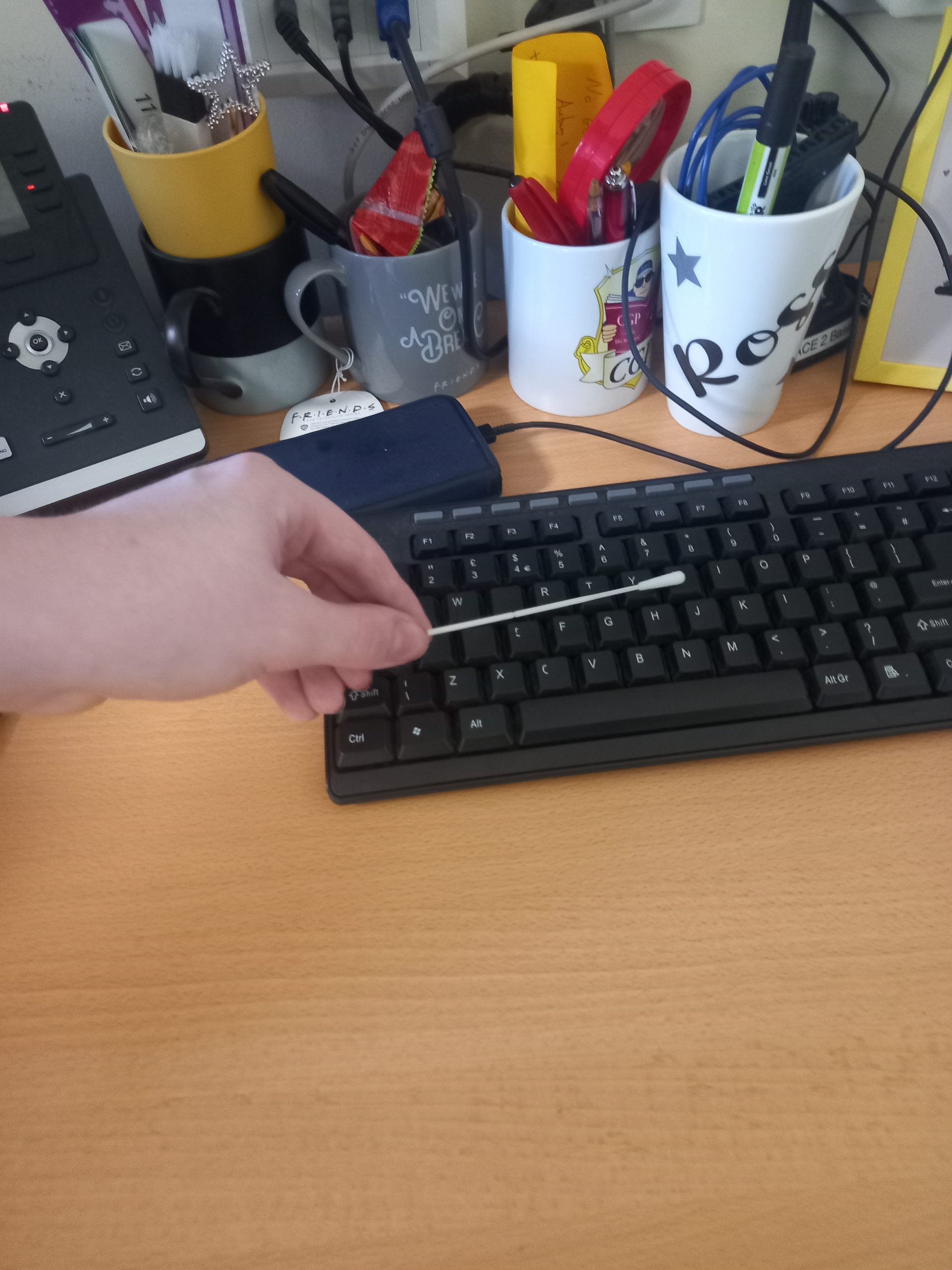
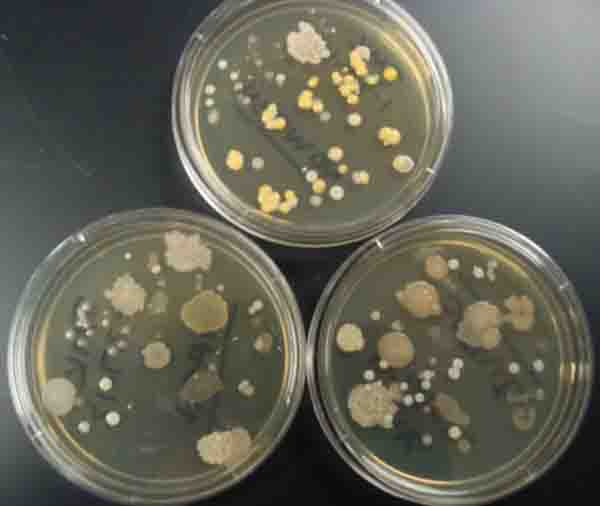
Learning Objectives We Met
✔ We understood how microorganisms reproduce and what they need to grow.
✔ We applied aseptic techniques to prevent contamination.
✔ We explained why specific temperatures are used in school labs.
✔ We interpreted results to compare the effectiveness of antibiotics or disinfectants.
✔ We linked practical work to the concept of variables (independent, dependent, and control).
Maths – Balancing Equations
In the first half term the year 10s have been studying algebra. As we approached Halloween, they got to grips with the concept of balancing an equation by finding the weight of various spooky items such as bones and spiders (plastic not real!).



Liverpool Central Library Visit 2025
We recently had a wonderful visit to the library. Students had a guided tour of the building, visited the library museum and accessed some of the most rarest artefacts the city has to offer. We even managed a lovely drink in the library cafe! Students found the trip to be rewarding and amazed at what the library could offer.
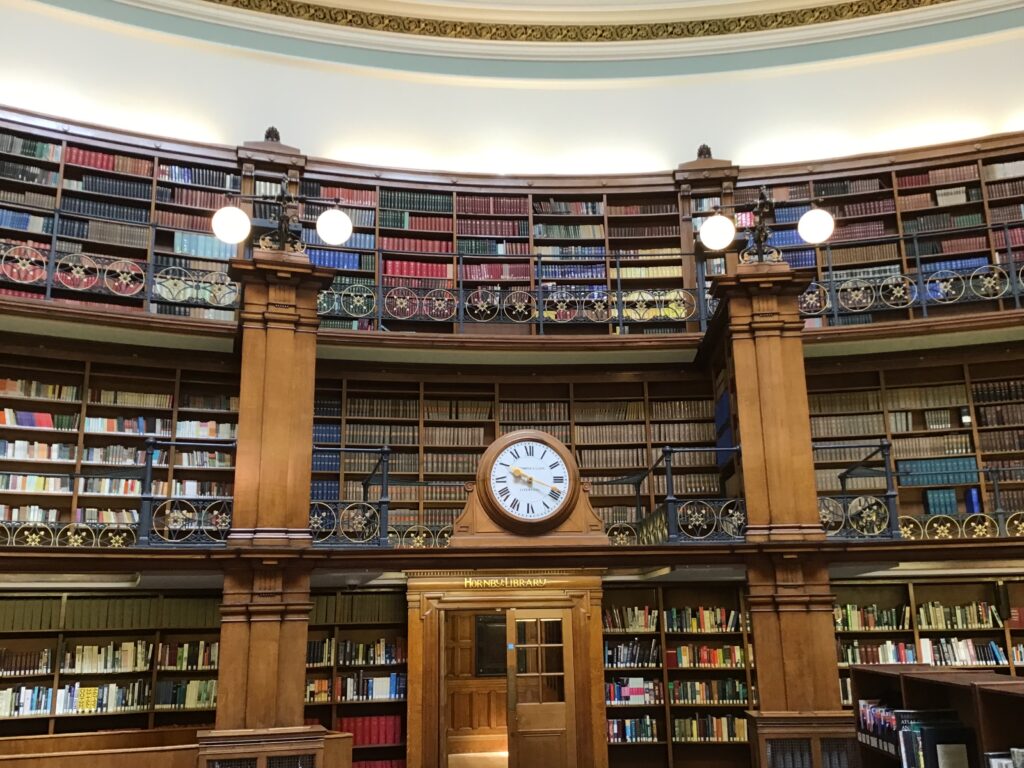
GCSE English – Creative Writing

This term we have been creating some descriptive stories. Students have been looking at using different language techniques and using some sophisticated vocabulary. We have looked at what a good story looks like and how we can create interesting characters. Well done!
Science – Osmosis Required Practical
As part of the GCSE Biology course we have been learning about the process of Diffusion and Osmosis. This practical investigates osmosis, the movement of water molecules across a semi-permeable membrane from a region of higher water concentration to a region of lower water concentration. Students typically used potato cylinders of equal size and immerse them in solutions of varying salt concentrations.
By measuring the change in mass of the potato cylinders after a set time, they can determine the concentration of the potato cells and observe the effects of osmosis.
Student Success and Enjoyment
Throughout this practical, students demonstrated remarkable dedication and enthusiasm. They meticulously prepared the potato cylinders, ensuring accuracy and consistency in their measurements. Their careful observation and recording of data showcased their scientific skills.

The use of potatoes as the experimental material added a unique and engaging element to the practical. Students enjoyed the hands-on experience and found the process both fun and informative.
Valuable Skills Gained
This practical provided students with a valuable opportunity to develop essential scientific skills, including:
- Experimental Design: Planning and carrying out a controlled experiment, identifying variables and controlling them.
- Data Collection and Analysis: Accurately measuring and recording data, constructing and interpreting graphs, drawing conclusions from observations.
- Teamwork and Communication: Collaborating with peers, discussing findings, and presenting results effectively.
- Practical Skills: Developing fine motor skills, handling laboratory equipment safely and responsibly.

By actively engaging in this practical, students not only gained a deeper understanding of osmosis but also honed crucial scientific and life skills that will be invaluable in their future academic and personal pursuits.

